Frankfurt to Wurzburg, Bavaria Germany
Leaving Frankfurt behind, once we were on the autobahn, the scenic view through Bavaria in Germany is of gently undulating green hills, with bright yellow crops (rapeseed), small villages and church steeples. On the autobahn cars whizzed past, no speed restrictions for cars; buses and trucks restricted to 100 kph.
Wurzburg on the River Main, Bavaria Germany
Our first stop today along the romantic road Wurzburg, with a visit to the Residenz and then on to medieval Rothenburg. Approaching Wurzburg we passed over the Lion Bridge. The bridge caters for pedestrians, trams and vehicles and has a pair of large bronze lions on guard at the entrance.
Wurzburg is a pretty city with boats on the water, quaint old buildings along the banks, many church spires and grape vines on the hillsides. Wurzburg lies at the northern tip of Bavaria, Germany, with a population of around 134,000.
Arriving at our destination we walked a short distance to the Residenz. Our first view through the impressive wrought iron gates leading into Residenz Square was of a large crowd of adults and children milling about!
The Footrace iWelt Marathon 2009
It was a Public holiday and a big event, the iWelt Marathon, was about to start next to the square. Obviously a popular event designed for all ages and families. The race, apparently takes the runners through all the main city sights.
The Residenz, Wurzburg, Bavaria Germany
The Residenz was something else. Originally it was the former palace of the Wurzburg prince-bishops, and one of the most important baroque palaces in Europe. The Residenz is on UNESCO’s World Cultural Heritage list. The enormous three winged palace has over 300 Baroque and Rococo rooms.
The Court Chapel within the Residenz
Situated in one wing of the Palace is the Court Chapel, very beautiful and quite a feat of architecture. The architect created an amazing Chapel that has curving walls and three oval domed vaults. He succeeded in this without altering the four storied facade of the Palace. It is considered to be one of the most perfect 18th century religious buildings in Germany with its sophisticated room structure and highly artistic decoration. Entry door is at the side of the Palace.
Wurzburg Residenz Palace Gardens Bavaria Germany
Outside, the palace gardens were a riot of spring flowers, cone-shaped yew trees and flowing fountains. It beckoned us out for a walk in the sunshine, beneath the flowering pink blossoms and colorful gardens.
The Residenz was almost completely burnt out following an air raid in March 1945; only the central building with the Vestibule, Garden Hall, Staircase, White Hall and Imperial Hall survived the raging fire. From 1945 to 1987 the building interior reconstructed and is, as you see it today. The rebuilding cost has been enormous, about €20m Euros. I discovered as we went along on our tour, that this history of destruction during the war, and later re-construction, repeats itself throughout many cities in Germany.
Dom St Kilian Romanesque Cathedral
After the Residenz, we visited Dom St. Kilian, the fourth biggest Romanesque church of Germany. The Cathedral is in the city center with the entrance through the two impressive Romanesque Towers. The interior has a significant Chapel by Balthasar Neumann, the architect for the Residenz.
The Old Main Bridge (c1472) Wurzburg
We walked across the Old Main Bridge (c.1472) lined with baroque statues of Saints and Bishops. The statues added at a later period from around 1730; the statue of St Kilian being the most notable. Looking back you can see the Clock Tower of the Town Hall and the two Romanesque Towers of St. Kilian.
City Hall c1316 Wurzburg, Bavaria Germany
The Town Hall (c1316) is a very quaint, very old building with a bell tower and clock. It was built in 12th century, and only became the Town Hall (Ratskeller) in the 13th century. You can enjoy a coffee or a cold drink outside these ancient premises. In front, to one side of the Town Hall, stands the “Fountain of the Four Reeds” which is from a later period (c1763).
Marienberg Fortress Wurzburg
Above the banks of the River Main in Wurzburg rises the Marienberg Fortress (873ft). It was the seat of the Prince-Bishops from the mid 13th century until the construction of the Residenz (c1719). The fortress has impressive walls and turrets, contrasting sharply with the grape vines stretching across the hillsides. Next – Rothenburg…
Related Posts:
- Romantic Road-Attractions Germany
- Romantic Road|Frankfurt|Attractions Germany
- Terracotta Army| Emperor Qin
- Emperor Qins Terracotta Army challenges and discoveries
- China a most attractive destination|Top ten places to visit in China
- Flight of the Giraffes Duba Plains
- Magnetic Island a suburb of Tropical Townsville
- Sensoji-Asakusa Kannon Temple Tokyo Japan
- Skydeck 88 Experience-a great place to visit in Melbourne
- Jewels of Venice
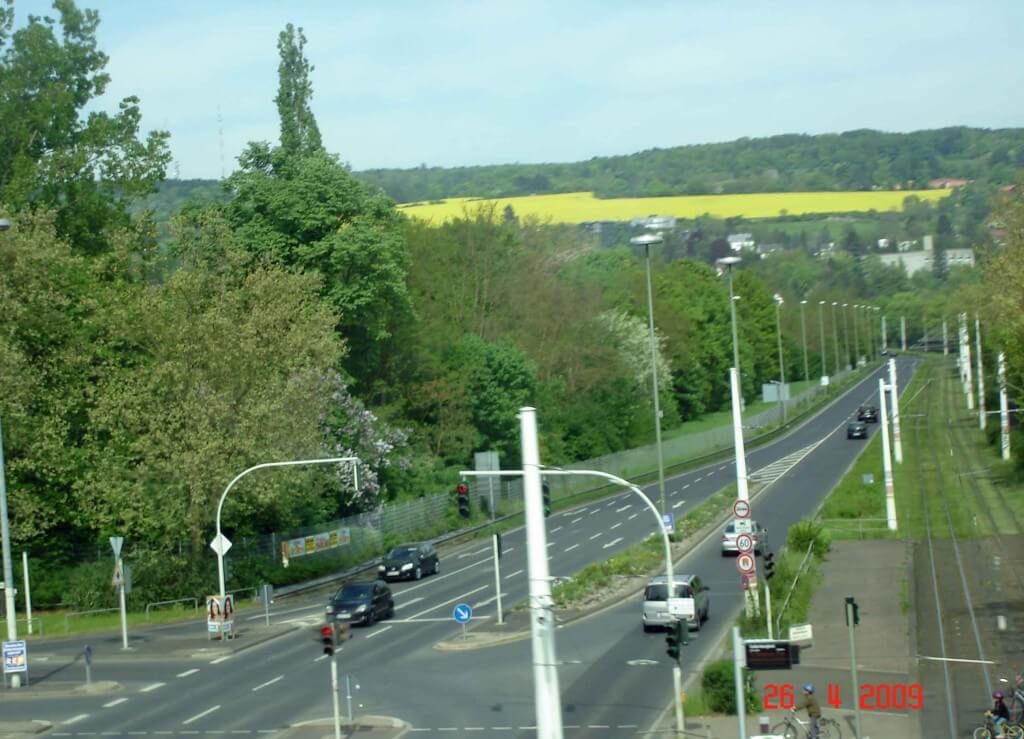
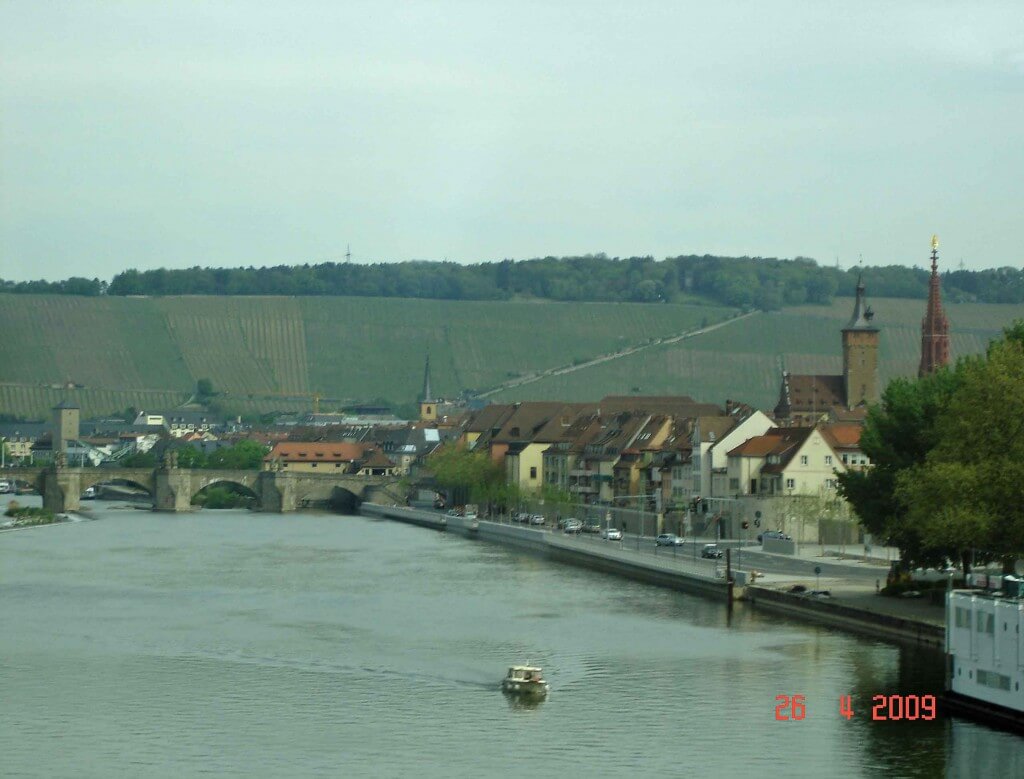
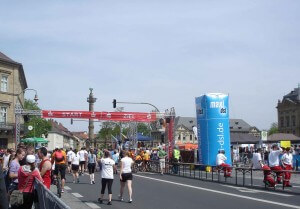
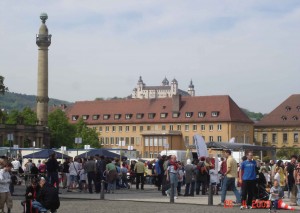
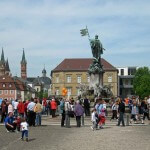
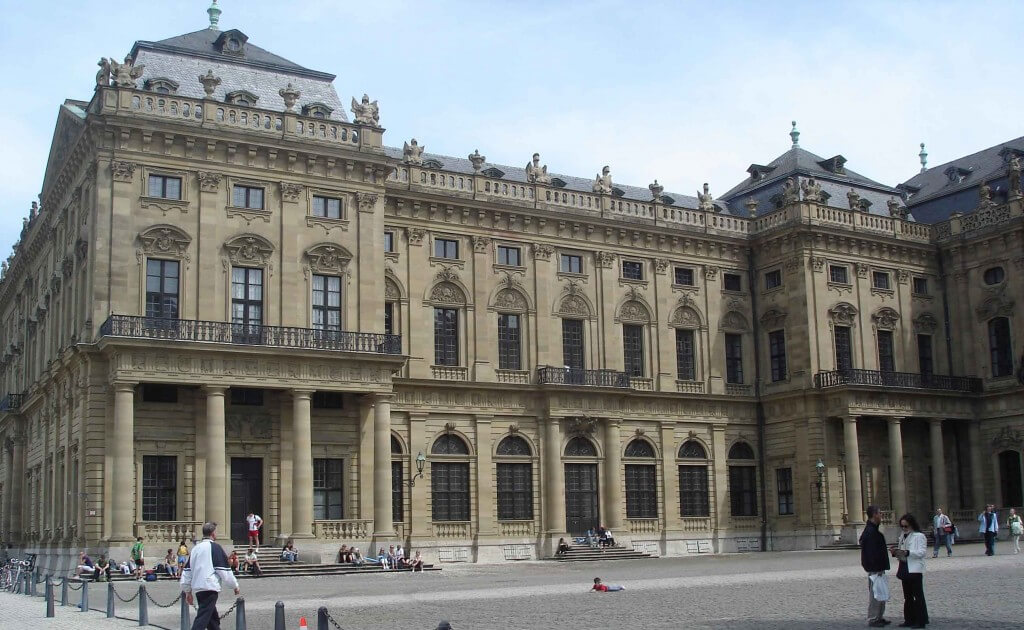
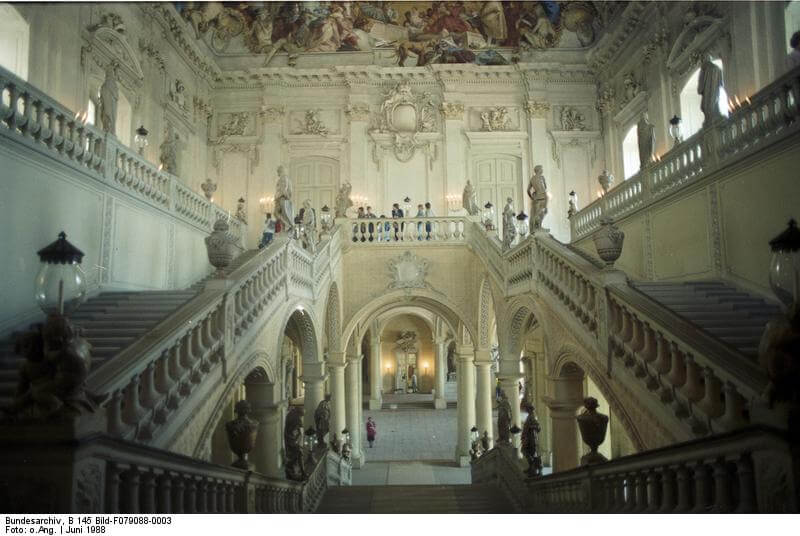
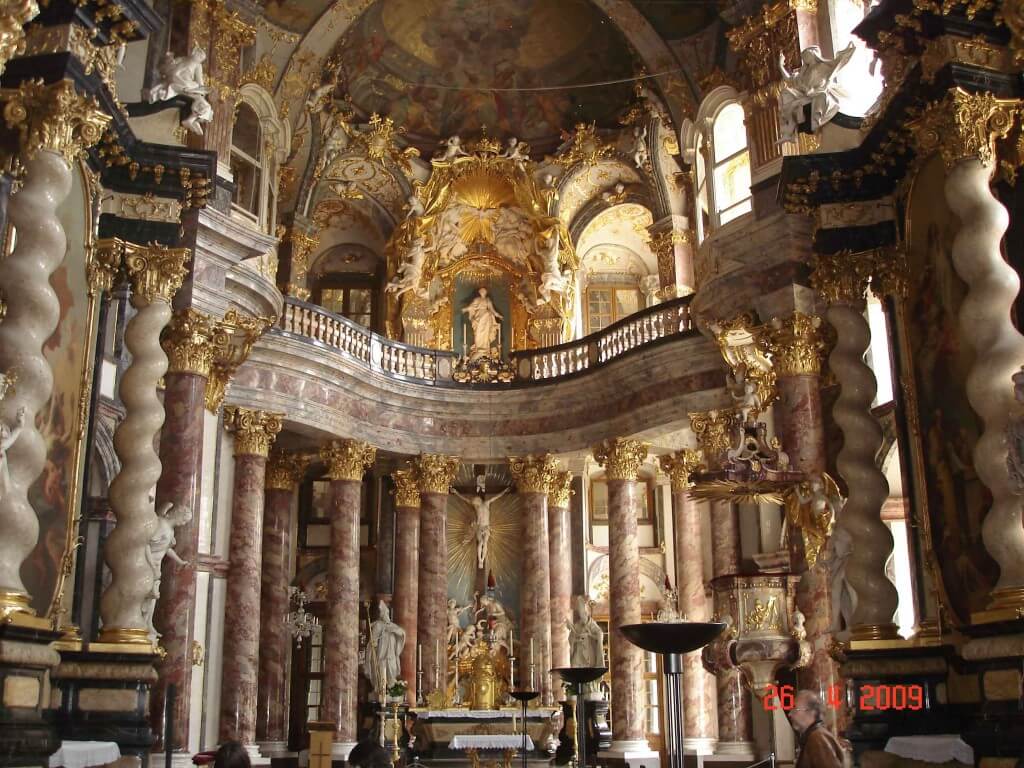
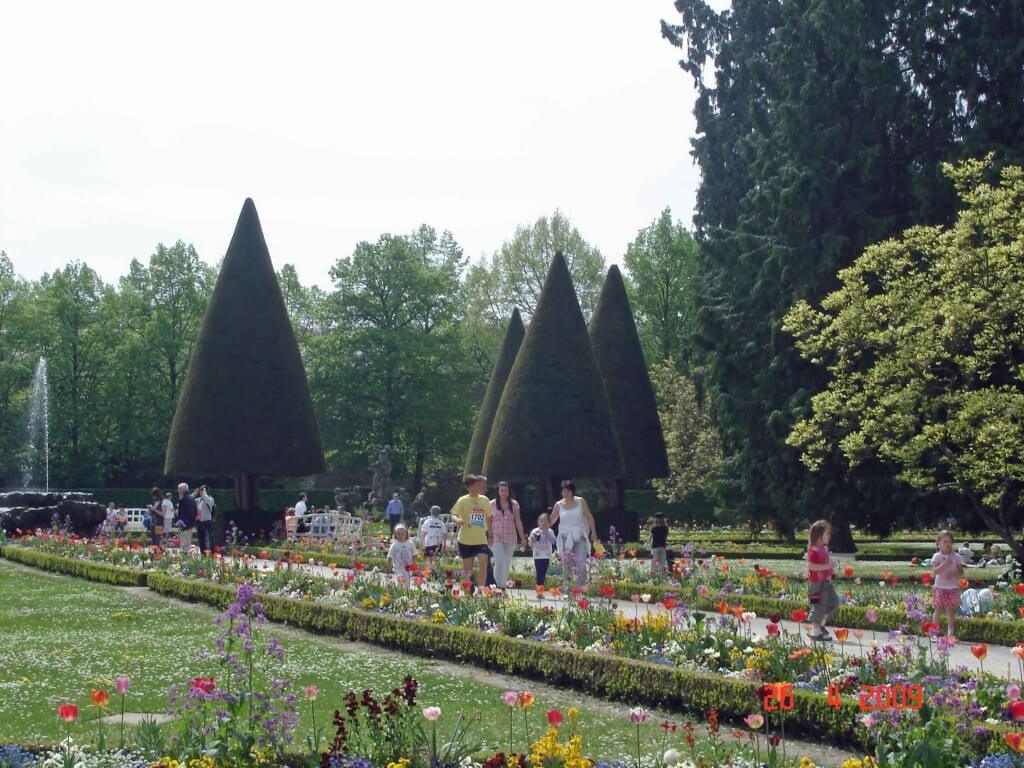
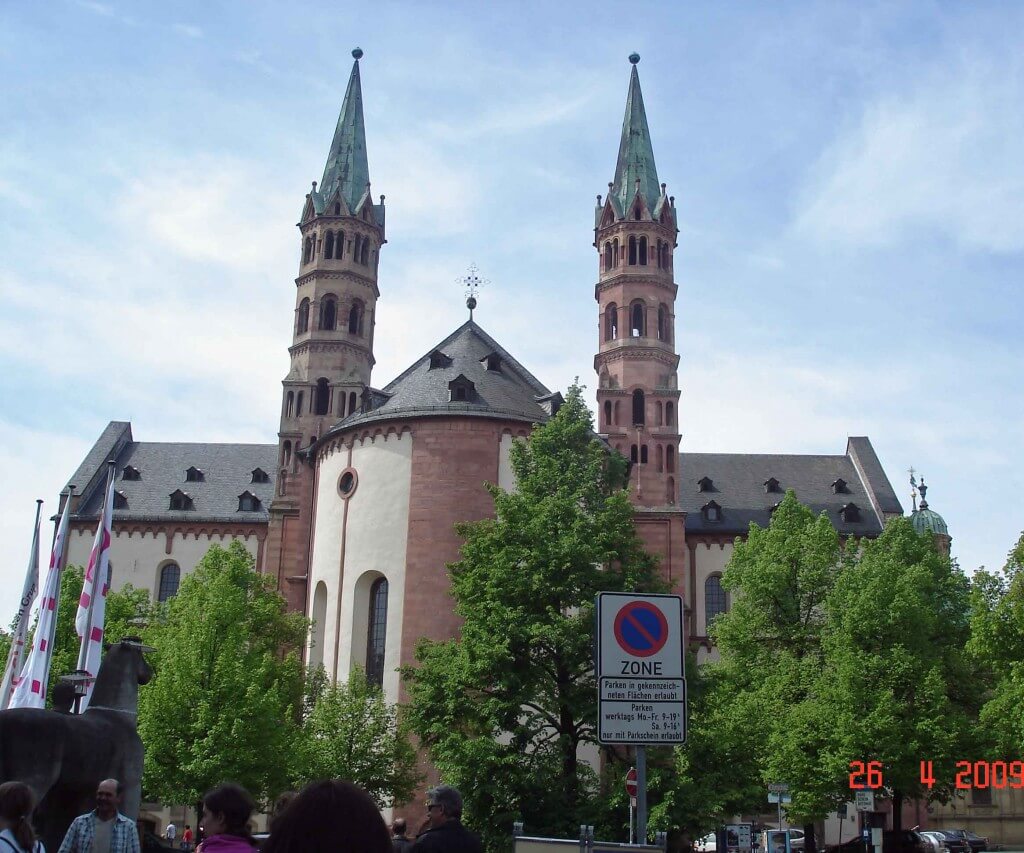
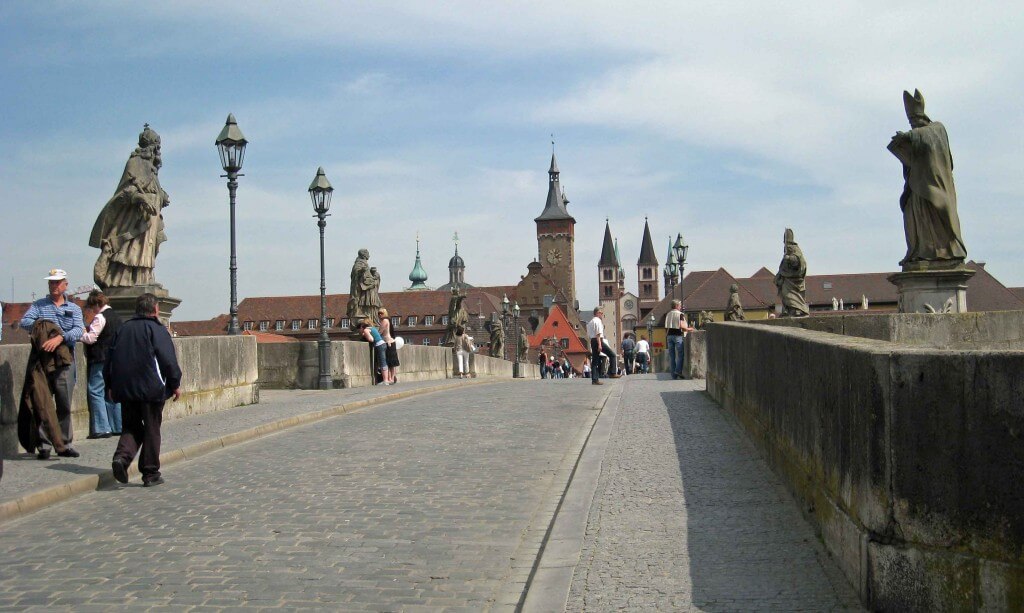
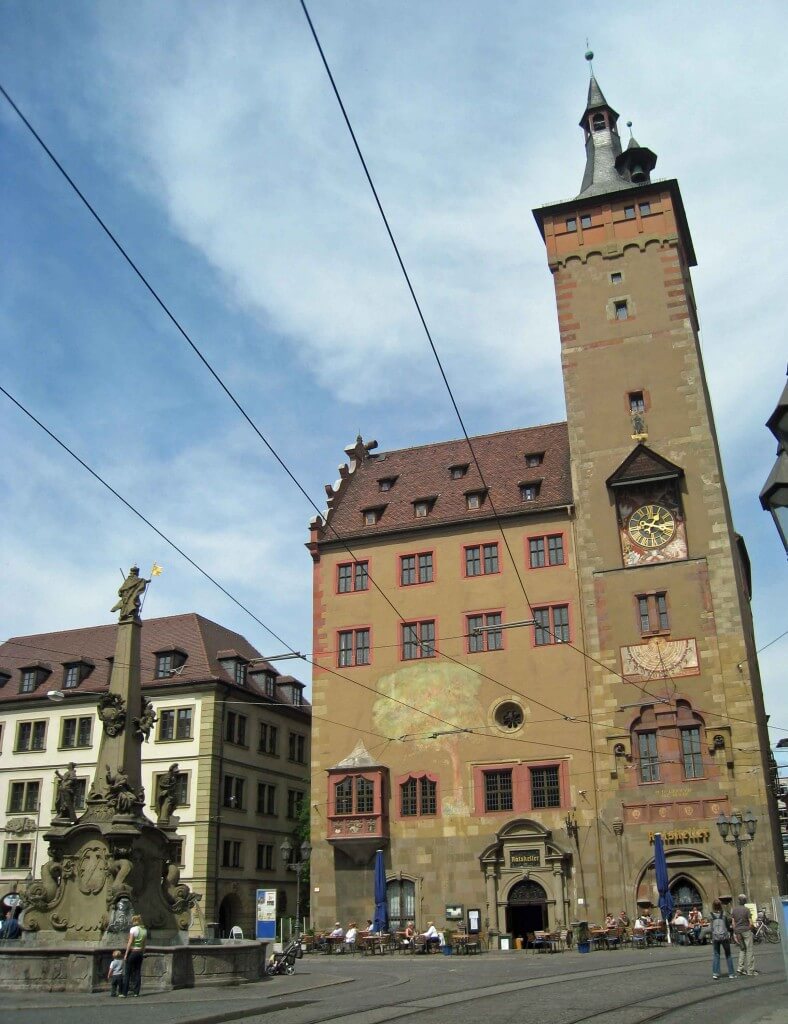
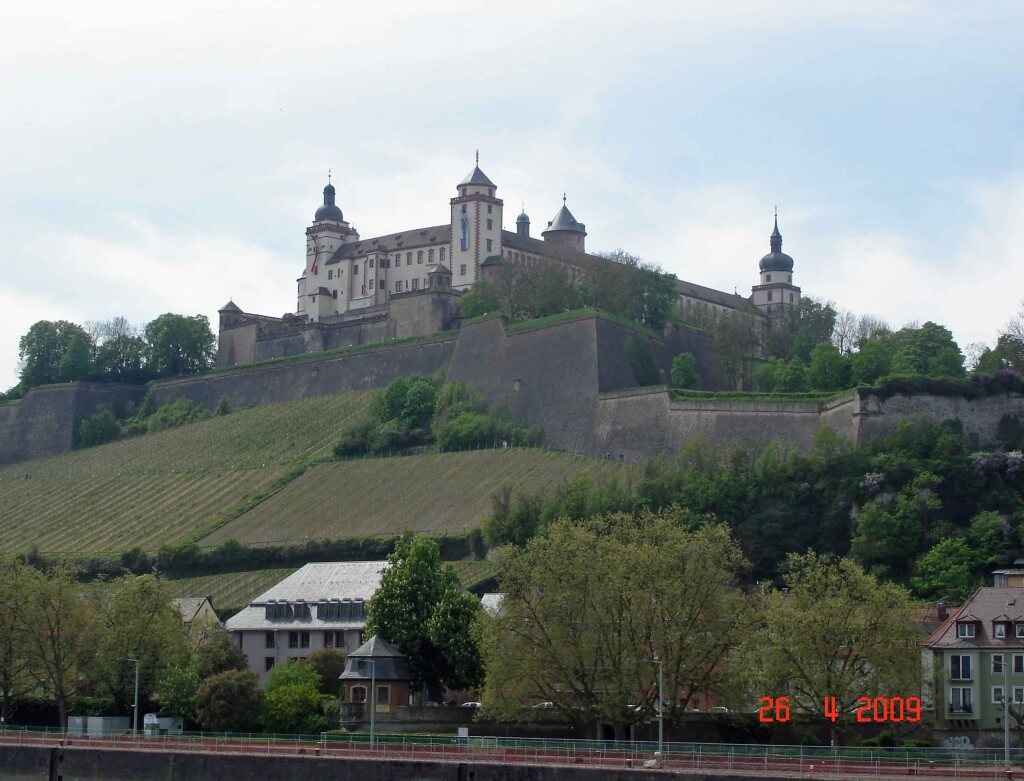
Germany is such a beautiful country. I have never been there, but it is one of the countries on my list that I have to visit. I really like your pictures, they are absolutely amazing, especially the one of The Court Chapel within the Residenz . Thanks for sharing!
The world is an amazing place. Every country has something wonderful and unique to offer in nature or cultural history. We are so lucky to be able to travel and appreciate so much beauty.
I think you described one of my favorite things historic European cities… many times you can see the transition of ages in their city including remnants from wars through the changes in style of the architecture. I’ve never been to Wurzburg, but I’ve seen Romance turn Baroque turn Classical in the same wall from destruction and rebuilding in other European cities (especially Budapest). I am glad UNESCO was created to honor these places!
Yes it is wonderful that we have such an organization as UNESCO to look at cultural and natural heritage for preservation of these wonderful places.